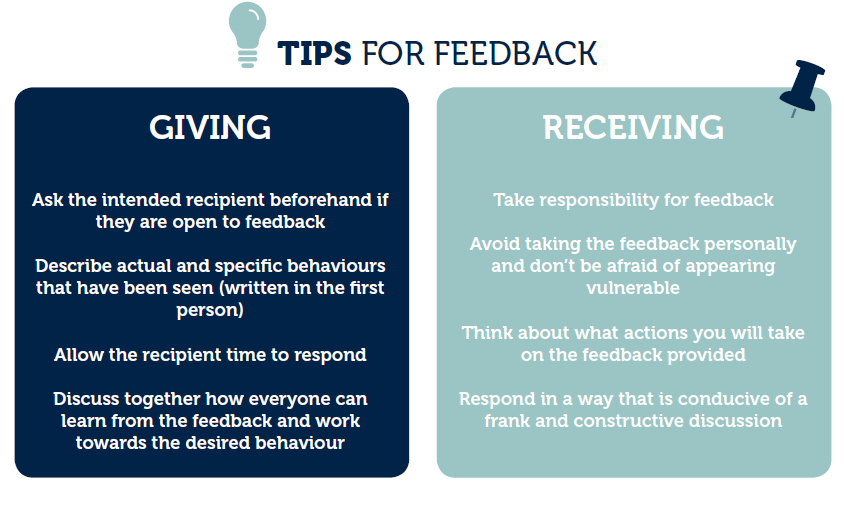Discover the three key areas that managers can focus on to create higher levels of employee engagement and commitment.
How managers can create higher engagement

In our experience with multinationals we have observed a huge variety in immediate managers. There is no one winning style of management. It all comes down to the situation and what works best with particular employees. Over the last few years we have seen that as multinationals go in search of increasingly higher employee engagement and commitment, being (and having) a good immediate manager has never been so important.
Two common misconceptions about leadership and management
Why the impact of immediate managers is so big
Immediate managers have one of the biggest effects on employees’ work experience. Although teams also have an effect on work experience, our experience has shown us that managers’ immediate influence is greater.
There are several underlying reasons for this. Firstly, managers spend significant amounts of time with employees, both one to one and within the team. Secondly, managers create and shape the work environment standards. Whilst employees may spend more time with their team, it is managers who ultimately set the precedent for employees’ work environment. Lastly, the decisions that managers take have a more frequent and direct influence on employees.
Managing employee engagement
Based on extensive global research, Effectory's free report examines the six key areas managers can focus on to improve employees' engagement at work.
DownloadThe 3 traits great managers share
Modern immediate managers face multiple challenges. Today’s fast paced work floors often means that time is short and expectations high. Over the years we’ve seen that managers that excel in their role share three common traits:
- The ability to motivate
- Being proficient in giving and receiving feedback
- Recognising and encouraging employee development
Our study revealed that when managers are able to focus on and excel in the three above, employees’ engagement and commitment is higher. What’s more, analysis shows that when employees are effectively motivated by their immediate managers, they are four times more likely to be engaged and committed.
Most concerning for HR Directors and CEOS however, is that just 51% of employees in multinationals feel their manager effectively motivates them.
Are good people managers a pain in the ass?
The value of giving and receiving feedback
At its core, feedback is about performance. In order for managers to be effective, it is essential that they both give and receive feedback. By creating a continuous cycle of feedback, managers are able to positively affect employees’ motivation, performance, engagement and commitment. Further, good feedback enables managers to improve their own performance.
Our multinational study found that at present, managers are neglecting praise in the feedback. Just 46% of employees responded that their manager gives positive feedback regularly. Whilst constructive feedback is valuable, we’ve learnt that the best feedback incorporate both positive and negatives.
Is your manager really open to feedback?
Inspiring afternoons and employee development
In terms of employee development, one of the most refreshing ways that we have seen a multinational organisation approach it is from one of our partners. In their own words:
“It’s often difficult for people to come up with the things that they would like to develop. For this reason, at our organisation we organise an inspiration afternoon. During this afternoon, inspiring speakers from all backgrounds (e.g. volunteers, entrepreneurs, top athletes) are invited to come along and explain why they are so driven to do what they do”
Following the inspiration afternoon, the organisation then offers employees development opportunities in their preferred area. The result is tailored development paths, which are both engaging and of huge benefit for employees.

